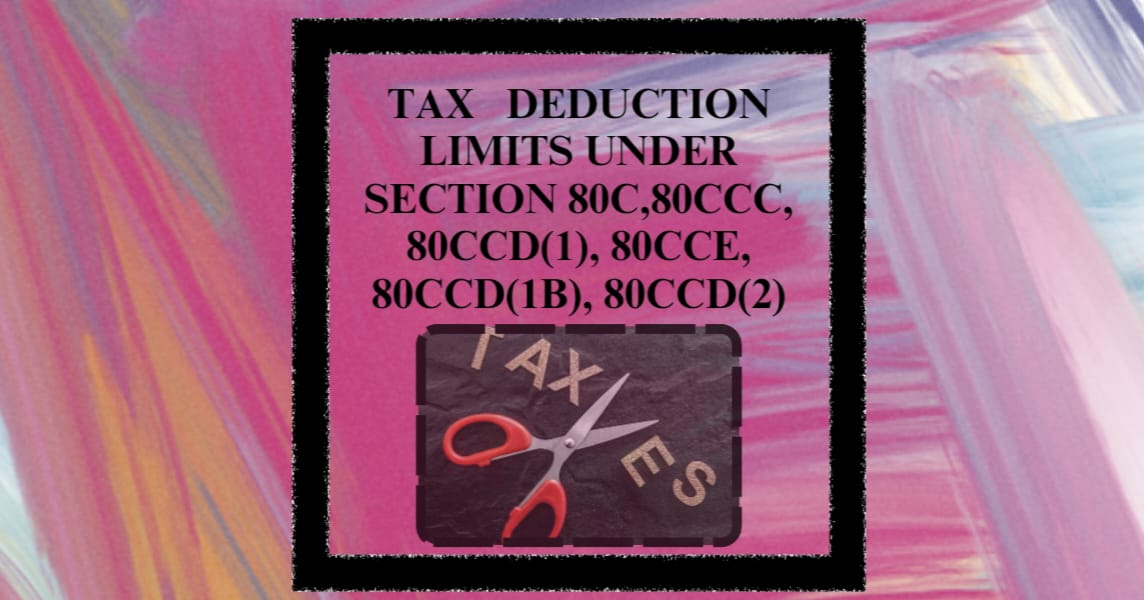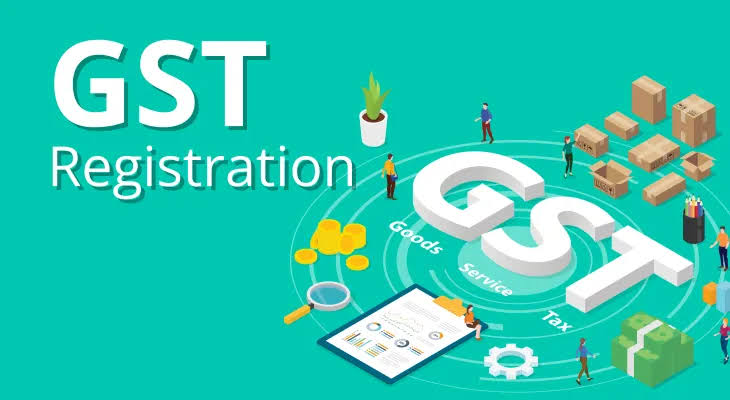 ITR-4 for AY 2023-24
ITR-4 for AY 2023-24
Income Tax Return (ITR)
filing is an essential process for taxpayers in India. For individuals and
businesses opting for the presumptive taxation scheme, ITR-4 (Sugam) is the
relevant form. In this blog, we’ll explore everything about ITR-4 for the
Assessment Year (AY) 2023-24, covering eligibility, structure, filing process,
and recent updates.
- 20th Jul 2024
- Category: Taxation
- views: 212
 Key Decisions from the 53rd GST Council Meeting
Key Decisions from the 53rd GST Council Meeting
The 53rd GST Council meeting brought forward several significant updates aimed at simplifying compliance, providing relief to taxpayers, and refining the overall GST framework. Here's a detailed overview of the major decisions and their anticipated impacts.
- 16th Jul 2024
- Category: Taxation
- views: 204
 Tax Deductions under Sections 80C, 80CCC, 80CCD(1), 80CCE, 80CCD(2) and 80CCD(1B)
Tax Deductions under Sections 80C, 80CCC, 80CCD(1), 80CCE, 80CCD(2) and 80CCD(1B)
Tax planning is a crucial aspect of personal finance, and the Indian Income Tax Act provides several avenues to reduce taxable income. Among these, Sections 80C, 80CCC, 80CCD(1), 80CCE,80CCD(2) and 80CCD(1B) offer significant deductions for investments and expenses. Here’s a detailed analysis of these sections to help you maximize your tax benefits.
- 17th Jun 2024
- Category: Taxation
- views: 242
 Analysis of Section 129 of the GST Act: Detention, Seizure, and Release of Goods and Conveyances
Analysis of Section 129 of the GST Act: Detention, Seizure, and Release of Goods and Conveyances
The Goods and Services Tax (GST) Act has significantly transformed India's taxation landscape, introducing a more unified and efficient system. Section 129 of the GST Act outlines the procedure for the detention and seizure of goods and conveyances in transit when there is a suspicion of tax evasion or non-compliance with the GST law. This section ensures that goods being transported are accompanied by the necessary documentation and that taxes are duly paid. In this blog, we will provide a detailed analysis of Section 129, exploring its provisions, procedures, and the challenges it presents.
- 14th Jun 2024
- Category: Taxation
- views: 221









